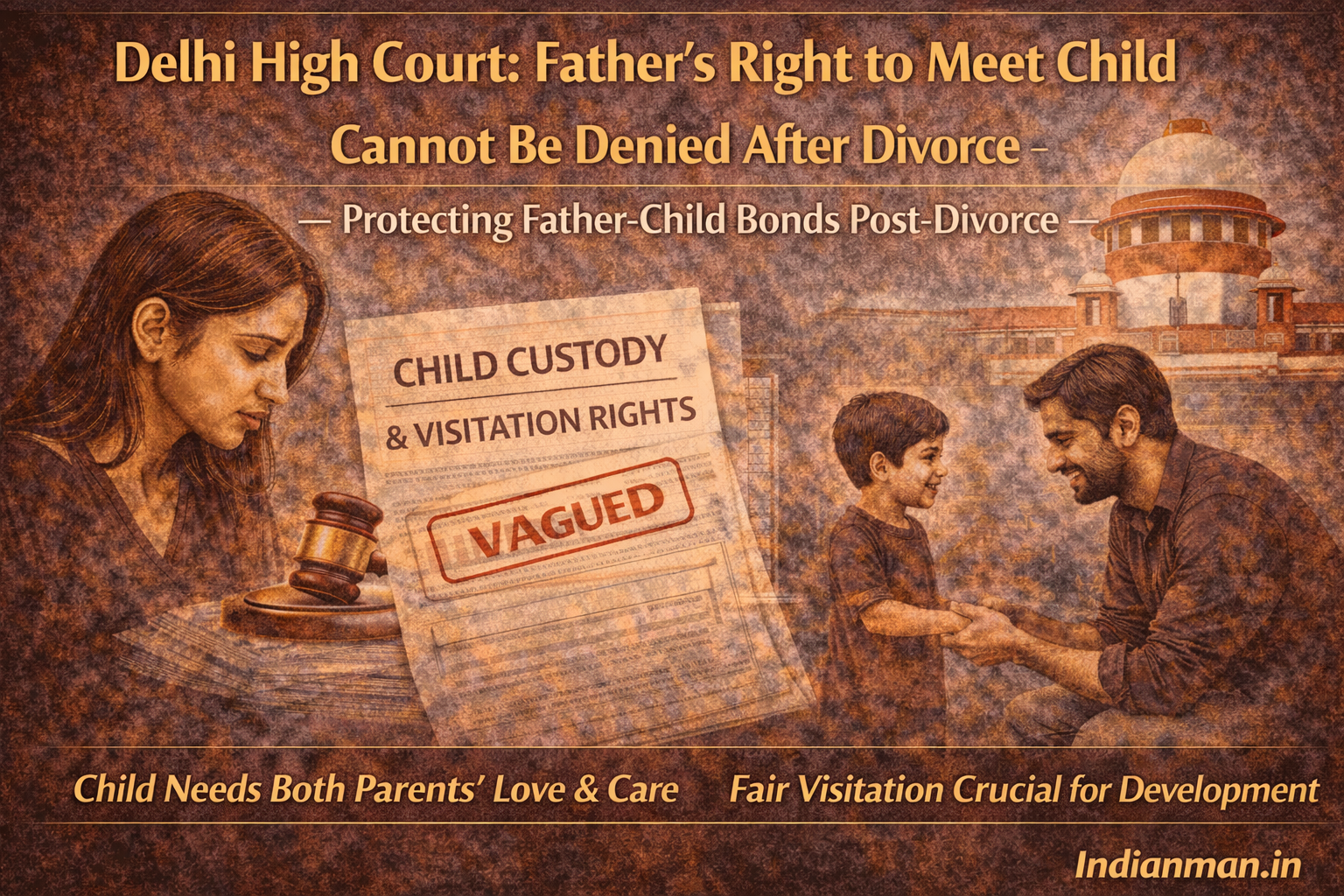The Bombay High Court has rejected the custody plea of a 41-year-old father for his 3-year-old daughter, citing his anger issues and past abusive behavior. The father, a UK citizen, filed a habeas corpus petition seeking custody of his daughter, a US citizen, who is currently living with her mother in Mumbai, India.
A bench comprising Justice Revati Mohite Dere and Justice Gauri Godse reviewed the father’s past actions, including instances of abuse toward the child’s mother. The court concluded that it would not be safe to grant him custody. “Considering the petitioner’s past conduct and anger issues, it is not in the child’s best interest to be placed in his custody,” the court stated.
The court emphasized that the welfare of the child is the top priority, and determined that she should continue to live with her mother in India.
The couple had married in December 2018 in New York and had their daughter in March 2020. However, tensions arose shortly after the child’s birth, leading them to sign a reconciliation agreement in 2021. In 2022, they moved to Singapore, intending to settle there, leasing a home and enrolling their daughter in an international preschool.
In November 2022, while the father was in the UK, the mother returned to India with their daughter and refused to return to Singapore. The father subsequently approached a Singapore court, securing a joint custody order. To enforce this order, he filed a petition with the Bombay High Court.
The mother opposed the custody plea, citing violent incidents in both Singapore and India. She said she returned to India for the child’s safety, based on recommendations from the Singapore police.
The father argued that the mother unlawfully brought the child to India and that their daughter was familiar with Singapore, where they had been living as a family. However, the court ruled that the child, having spent only seven months in Singapore, was too young to have formed lasting roots there. Given her age, the court highlighted the importance of the mother’s care and affection.
The court also acknowledged the couple’s history of domestic violence, with an agreement outlining the father’s responsibility to attend therapy and pay legal fees, along with supervised access to the child. Despite this agreement, the mother reported abusive behavior in both Singapore and India.
After reviewing the evidence, the court found the mother’s decision to return to India with the child justified, stating, “It cannot be said that the respondent has illegally detained the child in India.” However, the court refrained from delving into the merits of the case, as custody proceedings are ongoing in both India and Singapore.
The petition was dismissed by the court.
Be a part our social media community:
Facebook: https://www.facebook.com/IndianMan.in?mibextid=ZbWKwL
Instagram:
https://www.instagram.com/indianman.in?igsh=MWZ2N3N0ZmpwM3l3cw==



